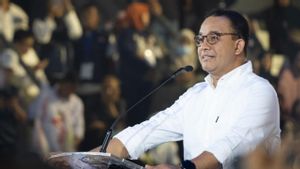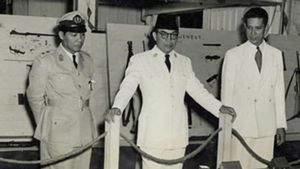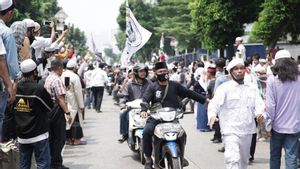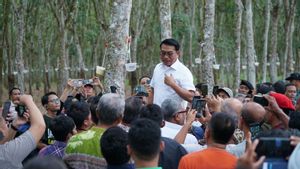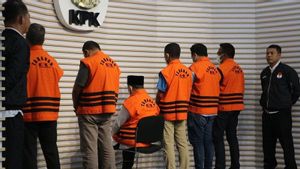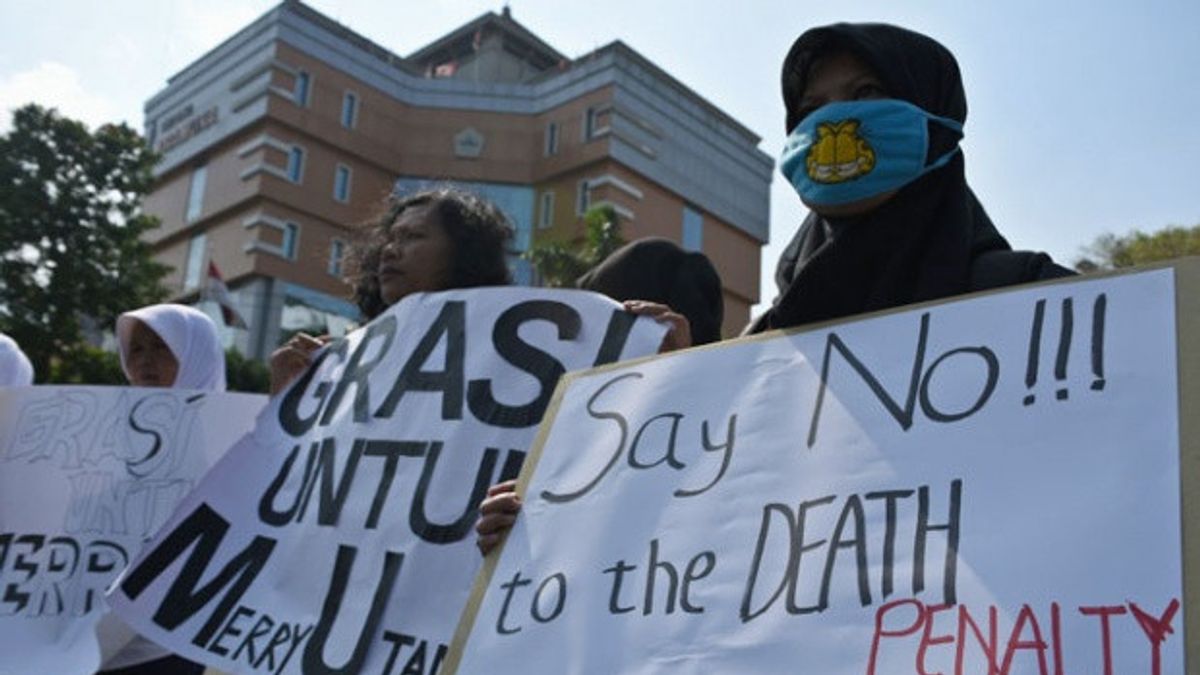
JAKARTA Memories of today, 18 years ago, July 28, 2005, the Indonesian Ulema Council (MUI) issued a fatwa allowing the death penalty in certain cases. The fatwa was issued by MUI to coincide with the MUI VII National Conference in Jakarta.
MUI said Islam acknowledged the death penalty and the Indonesian government did not hesitate to apply it. Previously, the death penalty had been perpetuated since the Dutch colonial era. The death penalty is considered effective in reducing crime. Even though it is protested here and there.
The death penalty is not new in Indonesia. The death penalty has even been monitored since the early phase of Dutch colonialism. From the Dutch trading airline's power, the VOC to the colonial government of the Dutch East Indies.
The death penalty is preserved for those who are considered guilty for various cases. From immoral acts to rebellion. The power of attorney often makes the day of execution of prisoners as a big spectacle.
The colonizers want the people to witness the end of the perpetrators of the crime themselves. The recitation is so that not many people imitate the lives of prisoners. Therefore, peace can be guaranteed.
The death penalty did not go away during Indonesia Merdeka. The death penalty was perpetuated, especially in the New Order era (Orba). Whoever is considered to be against the government, or has the intention of a rebellion, the death penalty is rewarded.
The narrative of the new death penalty is considered not very important in the era of Bacharuddin Jusuf (BJ) Habibie served as Indonesia's number one person. Habibie strongly opposed the presence of the death penalty. He prefers to perpetuate his life sentence.
Habibie considers the problem of birth and death as God's business. Humans have no right to take the allotment of the angel of death. This narrative is evidenced by Habibie's tenure as President of Indonesia, no Law (UU) has been enacted regarding the death penalty.
The end of President Soekarno's 1965 period, with the emergence of President Suharto with his New Order, in power for 32 (twenty-two) years has issued several laws and regulations governing the death penalty.
The end of the New Order and the emergence of reforms marked by the election of BJ. Habibie as President in 1998, in this period there were no laws and regulations governing the death penalty," wrote Tina Asmawati in her book Law on Death and Problems in Indonesia (2015).
The narrative of the death penalty has returned to the surface - even if it is not massive - in the era of Abdurrahman Wahid (Gus Dur), Megawati Soekarnoputri, until it was latest that Susilo Bambang Yudhoyono (SBY). During the SBY administration, many cases were tested that were deemed worthy of the death penalty. The government at that time managed to arrest many drug kingpins.
This success makes the narrative perpetuate the death penalty sticking out. However, the government's steps are still hesitant. MUI also intervened. The Islamic organization considers the death penalty not something to avoid. Because Islam has known the death penalty from a long time ago.
MUI also issued a fatwa that allows the death penalty for certain cases on July 28, 2005. The fatwa is a supporter even if it removes doubts if the government decides to give the death penalty to detainees for certain cases. Drug freezes, especially.
That the death penalty is the most severe punishment imposed on the perpetrators of serious crimes. And concerns various parties who are authorized and interested and are related to fair and civilized human values.
"That is based on the conditions of society and countries that require legal firmness and public order. MUI considers it necessary to establish a fatwa on the Death Penalty in Certain Crimes to be used as a guideline," said the contents of MUI's considerations in his fatwa.
SEE ALSO:
The English, Chinese, Japanese, Arabic, and French versions are automatically generated by the AI. So there may still be inaccuracies in translating, please always see Indonesian as our main language. (system supported by DigitalSiber.id)


